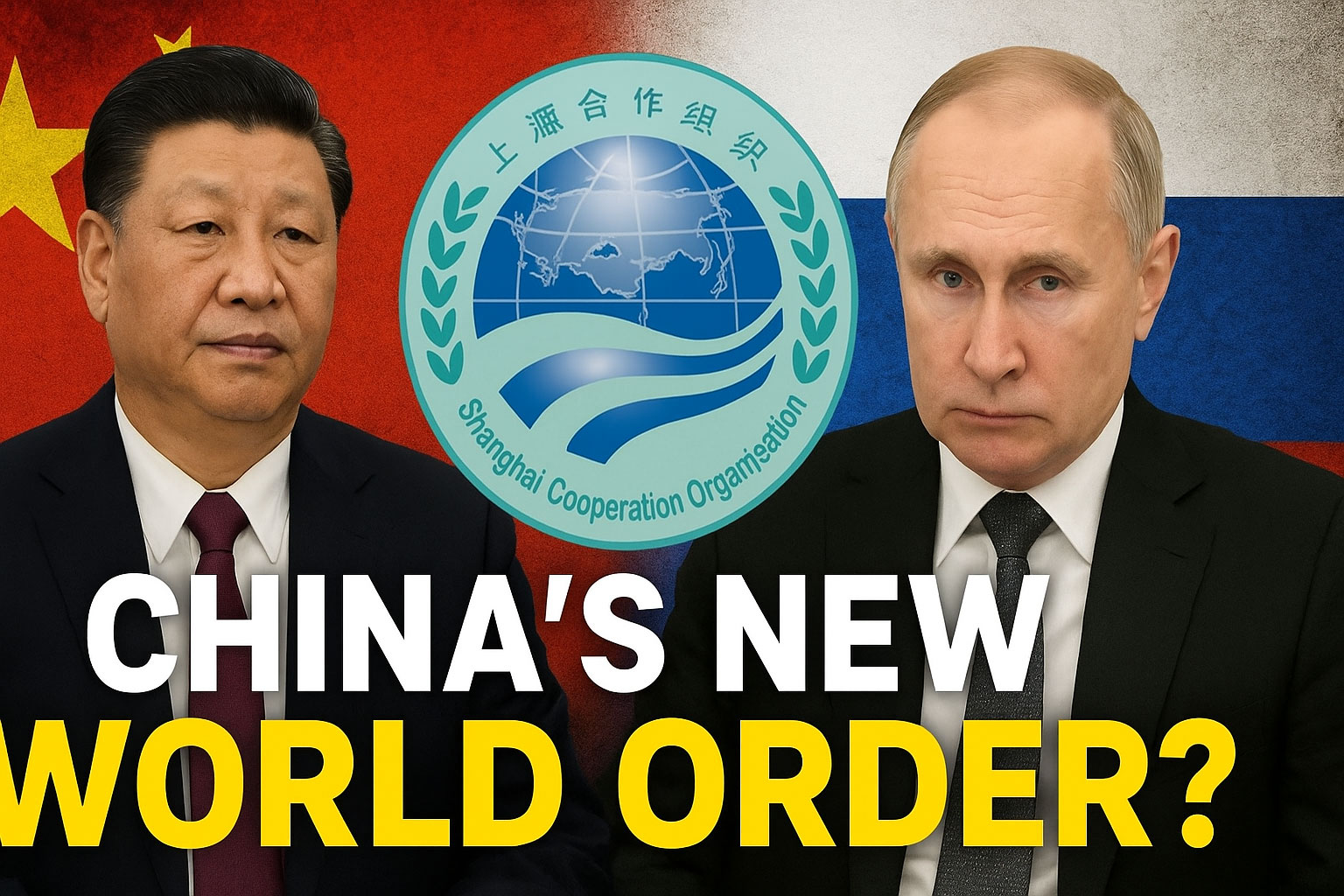The global economy is like a living organism—constantly evolving, adapting, and responding to new challenges. At the heart of this system lies the stock market, a powerful indicator of financial health and investor confidence. The interaction between the global economy and stock markets is both fascinating and critical, as it influences governments, businesses, and individuals alike.
Understanding the Global Economy
The global economy refers to the interconnected economic activities of countries worldwide. With globalization, no nation operates in isolation. Trade agreements, technological advancements, supply chains, and financial flows have linked the world’s economies together. A crisis in one region can now ripple across continents, demonstrating how interdependent we have become.
For instance, the 2008 financial crisis, which began in the United States, quickly spread to Europe, Asia, and beyond. Similarly, the COVID-19 pandemic disrupted trade, employment, and growth across the globe, reminding us that the health of the global economy depends on collective stability.
The Role of Stock Markets
Stock markets serve as a barometer of economic activity. They provide platforms for companies to raise capital and for investors to earn returns on their money. Movements in stock prices reflect investor confidence, business profitability, and expectations about the future.
When the economy is strong—unemployment is low, businesses are expanding, and consumer spending is high—stock markets usually thrive. Conversely, when the economy faces inflation, recessions, or geopolitical tensions, markets often decline.
The Connection Between Economy and Stock Markets
The relationship between the global economy and stock markets is cyclical. Economic growth fuels corporate profits, which attract investors, pushing stock prices higher. Rising stock markets, in turn, increase wealth for investors and encourage more spending, further boosting the economy.
However, the reverse is also true. A weak economy can reduce corporate earnings, lower stock valuations, and trigger investor panic. Sometimes, markets even fall before the economy shows signs of trouble—making them an early warning signal.
Globalization and Market Interdependence
In today’s world, stock markets are no longer confined to national boundaries. The performance of Wall Street in the United States often influences markets in Europe and Asia. For example, a sudden crash in the Dow Jones or Nasdaq can send shockwaves to London’s FTSE, Tokyo’s Nikkei, or Karachi’s KSE.
Emerging markets are also deeply affected by global economic conditions. When the U.S. Federal Reserve raises interest rates, capital often flows out of developing economies, weakening their stock markets and currencies. Similarly, commodity price fluctuations—like oil or gold—can create global ripples across stock exchanges.
Challenges Facing the Global Economy and Stock Markets
- Inflation – Rising prices reduce consumer purchasing power and raise costs for businesses, hurting both the economy and stock markets.
- Geopolitical Tensions – Wars, trade conflicts, and political instability create uncertainty, leading investors to pull out of risky markets.
- Technological Disruption – AI, automation, and digital currencies are reshaping industries and stock valuations.
- Climate Change – Natural disasters and environmental risks increasingly influence economic stability and investor choices.
The Future of the Global Economy and Stock Markets
The future will be defined by adaptation. Countries will need to strengthen cooperation, diversify economies, and invest in sustainable growth. For stock markets, technology will play a central role. Online trading platforms, cryptocurrencies, and artificial intelligence in financial analysis are already transforming investment strategies.
Investors will continue to look at stock markets not just as a source of profit but as a way to gauge global economic health. Nations that adapt quickly to changing economic realities will likely enjoy stronger and more resilient stock markets.



